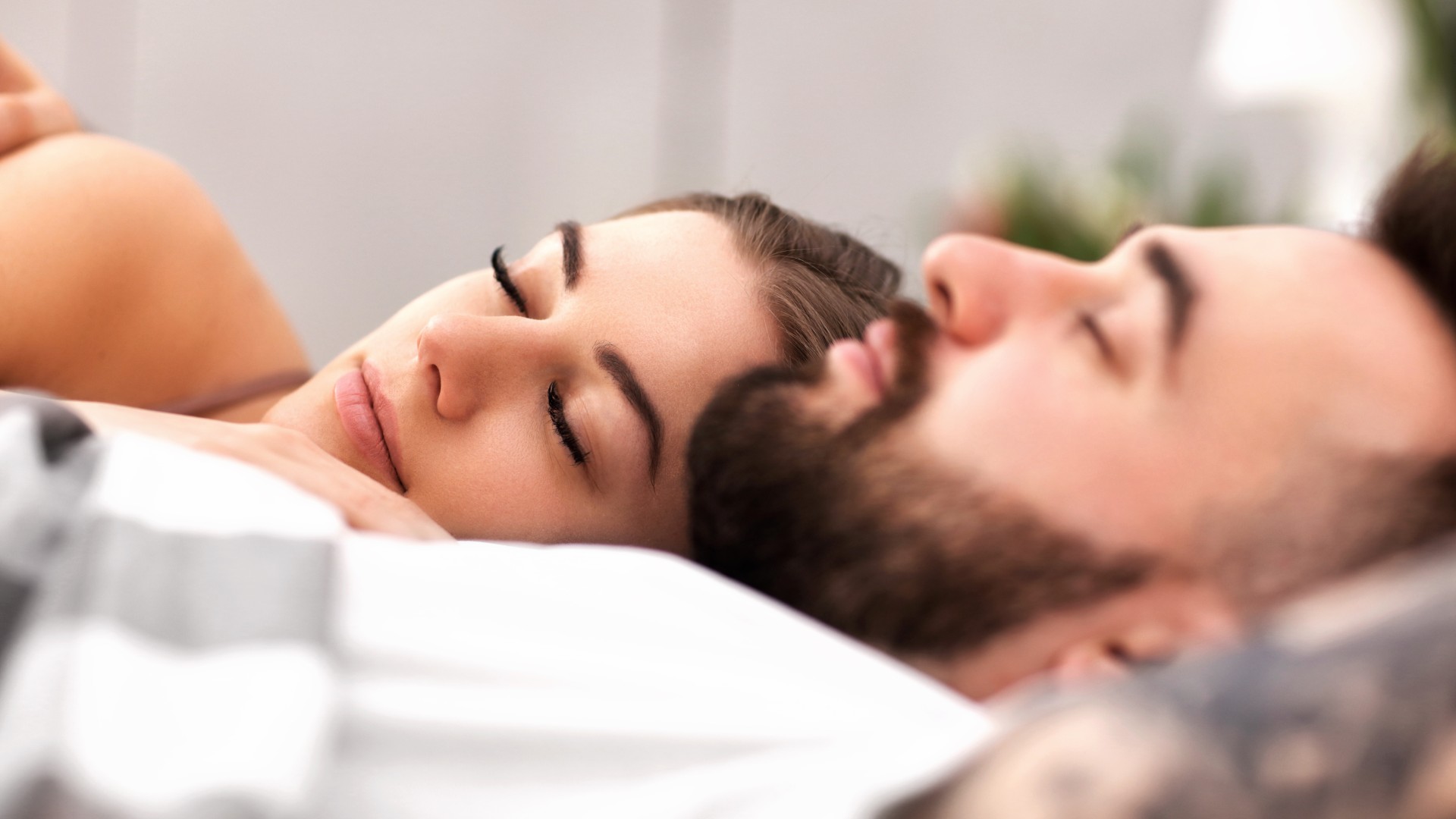The Link Between Sleep and Hormonal Health
If sleep is a problem, your hormones could be the cause.
Getting enough good-quality sleep isn’t just about feeling rested—it plays a vital role in your hormonal balance. For both men and women, poor sleep can disrupt key hormones that regulate various bodily functions, including metabolism, mood, immunity, and even aging.
Sleep and hormones are deeply connected—one impacts the other. Here are 3 hormones that can be impacted:
Melatonin
Melatonin, the “sleep hormone,” helps regulate your circadian rhythm and signals to your body when it’s time to wind down.
Cortisol
Cortisol, the stress hormone, follows a daily rhythm and affects metabolism, immune function, and blood pressure.
Growth Hormone
Growth hormone, released during deep sleep, is essential for tissue repair, muscle growth, and overall recovery.
Sleep
Poor sleep can also throw off sex hormones like testosterone and estrogen, impacting fertility, libido, and mood.
- Sleep-deprived women may have an increase in the production of follicle-stimulating hormone, which can result in irregular periods, painful cramps, and PCOS. Lack of sleep can disrupt hormone levels, taking a toll on a woman’s libido, leaving her with little interest in intimacy.
- Men with poor sleep can lead to a reduction in testosterone levels leading to fatigue, reduced libido, ED, muscle mass loss, and affecting their mood.
Long-term sleep deprivation in both men and women can increase the risk of weight gain, insulin resistance, and even early aging—all hormone-related effects.
6 Simple Tips to Improve Your Sleep Quality
- Stick to a consistent sleep schedule—go to bed and wake up at the same time every day.
- Create a calming bedtime routine—take a warm bath, read a book, or try light stretching.
- Maintain a cool, quiet, and dark bedroom for optimal rest.
- Avoid caffeine, alcohol, and screen time for at least one hour before bedtime.
- Exercise regularly—but not too close to bedtime.
- Learn to manage stress—deep breathing, meditation, or journaling can be effective tools.
Lifestyle changes are always the first step. But if you’re still struggling with poor sleep and suspect a hormonal imbalance, it may be time to get tested. In some cases, hormone replacement therapy can make a real difference. Talk to your doctor—you don’t have to figure it out alone.
References:
- Van Cauter E PhD, Knutson K, PhD, Leproult R, PhD, Spiegel K, PhD. The impact of sleep deprivation on hormones and metabolism. Medscape 2025: https://www.medscape.org/viewarticle/502825
- Kumar Lal Das A, Lal Gupta M, Priya J, Kumari R Impact of sleep deprivation on hormonal regulation and metabolic physiology. Int J Acad Med Pharm 2023; 5(6); 1464-1468: https://academicmed.org/Uploads/Volume5Issue6/300.%20[2117.%20JAMP%20IARCON]%201464-1468.pdf

